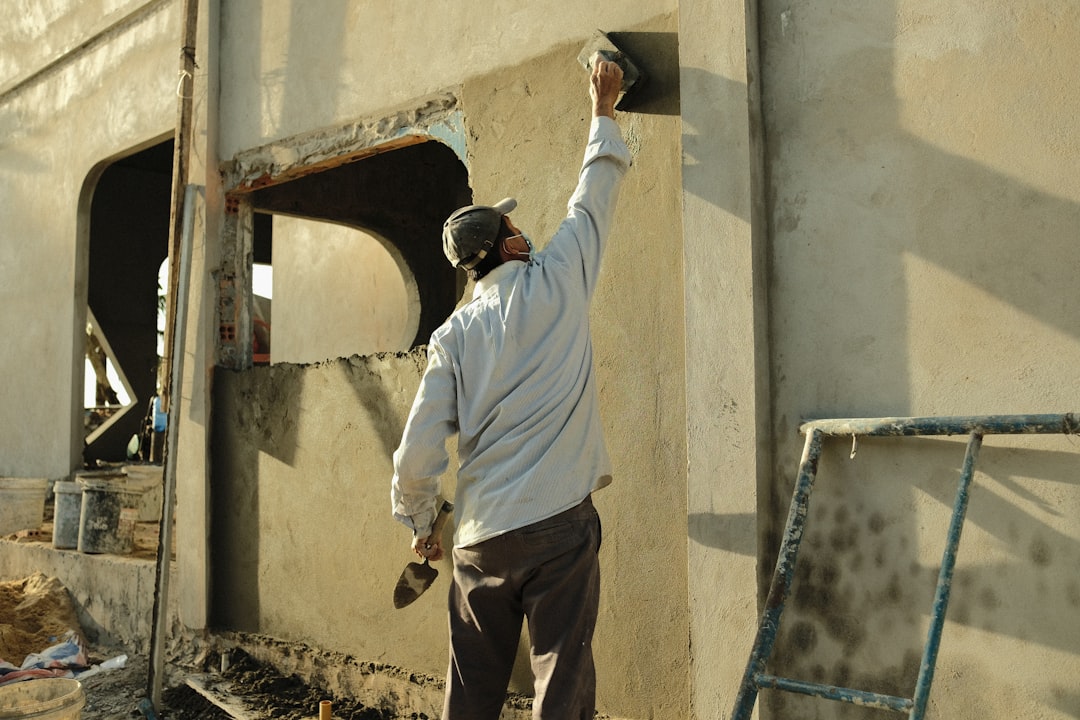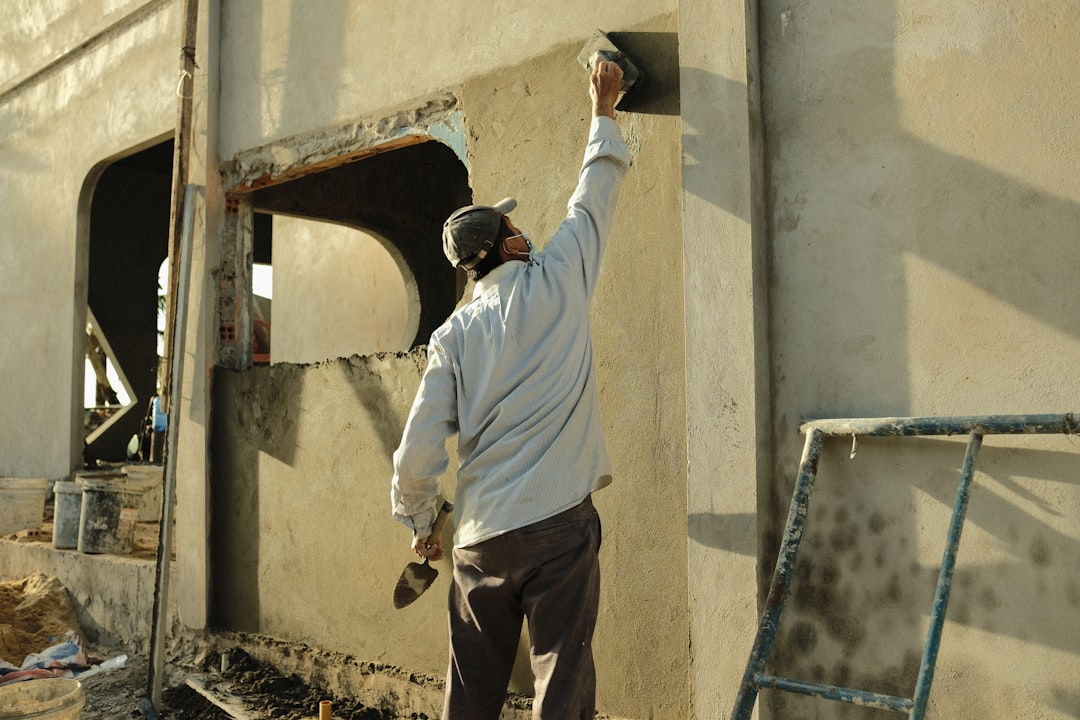Understanding GCC Quality Assurance Requirements
Quality assurance standards in Kuwait reflect both international and regional specifications. Additionally, industry-specific regulations vary significantly. Moreover, client expectations continue evolving with technological advancements. Therefore, comprehensive understanding proves essential for recruitment success.
Construction quality inspectors must master Kuwaiti building codes. Furthermore, oil and gas inspectors require API and ASME certifications. Meanwhile, manufacturing inspectors need ISO 9001 expertise. Consequently, position-specific knowledge becomes critical during candidate evaluation.
Key industry standards include:
- Kuwaiti Authority for Partnership Projects (KAPP) specifications
- International Organization for Standardization (ISO) requirements
- American Petroleum Institute (API) recommended practices
- American Society of Mechanical Engineers (ASME) codes
- Kuwait Building Code (KBC) fire and safety provisions
- Gulf Standardization Organization (GSO) product requirements
Furthermore, documentation standards demand meticulous attention. Additionally, reporting formats follow strict client templates. Moreover, digital system proficiency becomes increasingly important. Therefore, technical adaptability remains a crucial hiring consideration.
Quality Inspector Skills Kuwait Strategic Overview
Strategic workforce planning requires understanding core competency areas. This quality inspector skills Kuwait framework identifies four critical domains. Furthermore, each domain contains specific technical and behavioral competencies. Moreover, balanced capability across domains ensures inspection effectiveness.
Technical competencies form the foundation of inspection capability. Additionally, analytical skills enable data-driven decision making. Meanwhile, communication abilities facilitate stakeholder coordination. Consequently, comprehensive assessment covers all these areas during recruitment.
Essential competency domains include:
- Technical inspection expertise and methodology mastery
- Analytical thinking and problem-solving capabilities
- Communication and interpersonal effectiveness
- Regulatory knowledge and compliance adherence
Furthermore, industry-specific technical knowledge varies significantly. Additionally, construction inspectors need different expertise than manufacturing counterparts. Moreover, certification requirements differ between sectors. Therefore, targeted recruitment strategies prove most effective for specific roles.
Legal Framework and Compliance Standards
Kuwait’s regulatory environment governs quality inspection activities comprehensively. Furthermore, multiple authorities oversee different industry sectors. Moreover, compliance requirements continue evolving with international standards. Therefore, ongoing regulatory awareness remains essential for employers.
The Public Authority for Industry (PAI) regulates manufacturing quality standards. Additionally, Kuwait Municipality oversees construction inspection compliance. Meanwhile, the Kuwait Petroleum Corporation (KPC) sets oil and gas requirements. Consequently, understanding jurisdictional boundaries prevents compliance issues.
Critical compliance areas include:
- Kuwait Labor Law provisions for workplace safety
- Environmental Protection Authority (EPA) regulations
- Kuwait Fire Force (KFF) safety requirements
- Central Agency for Public Tenders (CAPT) quality clauses
- Kuwait Accreditation System (KOWS) certification mandates
Furthermore, documentation compliance requires meticulous attention. Additionally, inspection records must withstand legal scrutiny. Moreover, reporting formats follow standardized templates. Therefore, administrative precision becomes as important as technical accuracy.
Quality Inspector Skills Kuwait Best Practices
Implementing proven recruitment methodologies ensures optimal talent acquisition. This quality inspector skills Kuwait best practices section outlines effective strategies. Furthermore, structured assessment protocols identify superior candidates. Moreover, competency-based interviewing reveals true capability levels.
Technical testing should simulate real workplace scenarios. Additionally, behavioral questions assess problem-solving approaches. Meanwhile, certification verification confirms claimed qualifications. Consequently, multi-faceted evaluation provides comprehensive candidate understanding.
Effective assessment techniques include:
-
- Practical inspection exercises with real components
- Technical drawing interpretation and measurement tasks
- Non-conformance report writing simulations
- Stakeholder communication role-playing scenarios
- Regulatory knowledge testing through case studies
Furthermore, reference validation provides crucial performance insights. Additionally, previous employer feedback reveals work ethic. Moreover, project history verification confirms claimed experience. Therefore, thorough background checking prevents hiring mistakes.
Documentation and Processing Steps
Quality inspector recruitment involves systematic documentation management. Furthermore, credential verification requires multiple attestation steps. Moreover, visa processing follows specific Kuwaiti immigration procedures. Therefore, organized document handling prevents processing delays.
Educational certificates require proper attestation chains. Additionally, professional certifications need validating issuing authorities. Meanwhile, experience certificates must detail specific responsibilities. Consequently, comprehensive document preparation facilitates smooth onboarding.
Essential documentation includes:
- Educational certificates with Ministry attestation
- Professional certification validation documents
- Previous employment reference letters
- Medical fitness certificates from approved centers
- Passport copies with sufficient validity period
- Professional training completion certificates
Furthermore, Kuwaiti visa processing involves multiple government entities. Additionally, work permit applications require employer sponsorship. Moreover, residency processing follows specific sequencing. Therefore, experienced handling ensures timely deployment.
Quality Inspector Skills Kuwait Implementation Timeline
Strategic workforce deployment requires realistic timeline planning. This quality inspector skills Kuwait implementation framework outlines typical durations. Furthermore, each recruitment phase has variable time requirements. Moreover, understanding these timelines enables effective project planning.
Candidate sourcing typically requires 2-4 weeks depending on specialization. Additionally, screening and assessment consumes 1-2 weeks. Meanwhile, offer processing and acceptance takes 1-2 weeks. Consequently, pre-deployment activities demand significant lead time.
Typical implementation phases:
- Position profiling and requirement definition (1 week)
- Candidate sourcing and initial screening (2-4 weeks)
- Technical assessment and interviews (1-2 weeks)
- Offer negotiation and documentation (1-2 weeks)
- Visa processing and deployment (3-4 weeks)
Furthermore, specialized positions may require extended sourcing periods. Additionally, senior roles demand more comprehensive assessment. Moreover, peak season deployment faces increased processing times. Therefore, flexible planning accommodates timeline variations effectively.
Common Challenges and Solutions
Quality inspector recruitment presents specific operational challenges. Furthermore, understanding these obstacles enables proactive mitigation. Moreover, implementing proven solutions ensures recruitment success. Therefore, strategic preparation prevents common pitfalls.
Technical qualification verification often proves challenging. Additionally, certification authenticity requires careful validation. Meanwhile, experience claims need thorough verification. Consequently, systematic checking procedures prevent misrepresentation issues.
Frequent challenges include:
- Certificate forgery and qualification misrepresentation
- Experience exaggeration in specific methodologies
- Communication skill overstatement during interviews
- Regulatory knowledge gaps despite claimed expertise
- Cultural adaptation difficulties for new entrants
Furthermore, practical assessment solutions effectively address these challenges. Additionally, reference checking confirms actual performance levels. Moreover, probationary periods allow capability verification. Therefore, multi-layered validation ensures candidate quality.
Expert Recommendations for Success
Implementing expert recommendations enhances recruitment outcomes significantly. Furthermore, proven strategies optimize talent acquisition processes. Moreover, continuous improvement maintains competitive advantage. Therefore, adopting best practices ensures long-term success.
Develop detailed position profiles before commencing recruitment. Additionally, involve technical managers in assessment design. Meanwhile, use standardized evaluation criteria across candidates. Consequently, consistent assessment enables objective comparison.
Success strategies include:
- Develop comprehensive technical competency frameworks
- Implement structured behavioral interview protocols
- Conduct practical skills assessment simulations
- Verify certifications through issuing authorities
- Provide cultural orientation for international hires
Furthermore, continuous market monitoring identifies skill availability trends. Additionally, salary benchmarking ensures competitive offers. Moreover, employer branding attracts superior candidates. Therefore, strategic recruitment management delivers optimal results.
Frequently Asked Questions About Quality Inspector Skills Kuwait
What is the timeline for quality inspector skills Kuwait recruitment?
Timeline typically ranges 4-8 weeks depending on country requirements. Furthermore, documentation preparation affects processing speed. Therefore, consult our specialists for accurate estimates.
What documentation is required for quality assurance hiring?
Required documents include employment contracts, visa applications, medical certificates, and educational credentials. Additionally, country-specific requirements vary. Moreover, attestation procedures apply.
What are typical costs for quality inspector recruitment?
Costs vary by position level, country, and volume. Furthermore, visa fees, medical screening, and documentation affect total investment. Therefore, request detailed quotations from recruitment partners.
How does Allianze HR ensure compliance?
We maintain Ministry-approved RA license status. Additionally, our team monitors GCC labor law changes. Moreover, we conduct thorough documentation verification at every stage.
Which GCC countries does Allianze serve?
We provide recruitment services across UAE, Saudi Arabia, Qatar, Kuwait, Bahrain, and Oman. Furthermore, our South Asian talent network spans India, Nepal, Bangladesh, and Pakistan.
What industries does Allianze specialize in?
Our expertise covers construction, hospitality, healthcare, facilities management, manufacturing, and technical services. Additionally, we handle both skilled and semi-skilled recruitment.
Partner with Allianze HR for Quality Recruitment Success
Strategic quality inspector recruitment requires comprehensive capability understanding. Furthermore, technical competencies must align with specific industry requirements. Moreover, regulatory compliance ensures operational continuity. This quality inspector skills Kuwait guide provides foundational knowledge for employer success.
Allianze HR Consultancy delivers expert recruitment solutions across GCC markets. Additionally, our extensive candidate database accelerates sourcing. Meanwhile, our compliance expertise prevents regulatory issues. Consequently, partnership ensures optimal talent acquisition outcomes.
Implement proven recruitment strategies with professional support. Access our professional recruitment resources for additional insights. Furthermore, schedule consultation appointment for personalized guidance. Moreover, our international recruitment expertise includes understanding International Labour Organization guidelines and U.S. Department of Commerce trade resources. Additionally, we monitor UAE government employment regulations for regional compliance alignment. Our standards incorporate World Health Organization workplace standards and World Bank labor market reports for comprehensive approach.




